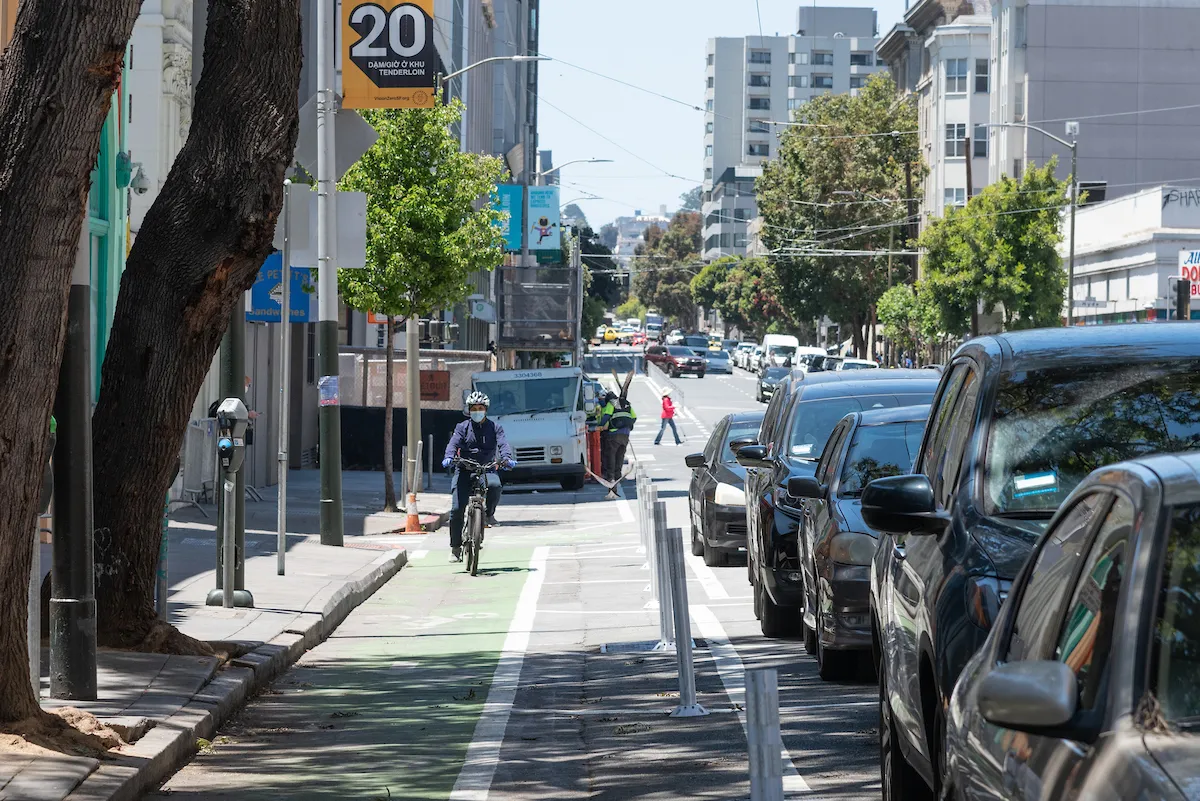An all-electric bus fleet is coming to San Francisco by 2035. The commitment stems from an agreement between mayor Mark Farrell and the
Muni manages a fleet of zero-emission electric trolley buses and a fleet of low- emission electric hybrid vehicles.
The SFMTA is rolling out new electric buses with higher capacity battery systems that supply power for its vehicles along several hybrid routes.
Additionally, the agency plans to advance its technology when manufacturers can prove electric buses can withstand heavy ridership and steep hills. It would also consider new facilities that can charge a large fleet and develop an infrastructure to power vehicles in service or on the street.
John Haley, SFMTA’s transit director says: “While the battery technology is emerging rapidly, it isn’t quite ready for primetime. Manufacturers aren’t yet producing the number of all-electric buses San Francisco and other urban areas would need, nor could we guarantee that the vehicles would work for the required 15 years with heavy ridership and challenging topography.”
The SFMTA intends to buy a limited number of zero-emission battery electric buses in 2019 and evaluate how they perform on crowded and hilly routes.
San Francisco to have all-electric bus fleet by 2035
An all-electric bus fleet is coming to San Francisco by 2035. The commitment stems from an agreement between mayor Mark Farrell and the San Francisco Municipal Transportation Agency (SFMTA), which operates Muni – the city’s public transit system. Muni manages a fleet of zero-emission electric trolley buses and a fleet of low- emission electric hybrid vehicles. The SFMTA is rolling out new electric buses with higher capacity battery systems that supply power for its vehicles along several hybrid routes.
May 21, 2018
Read time: 2 mins










